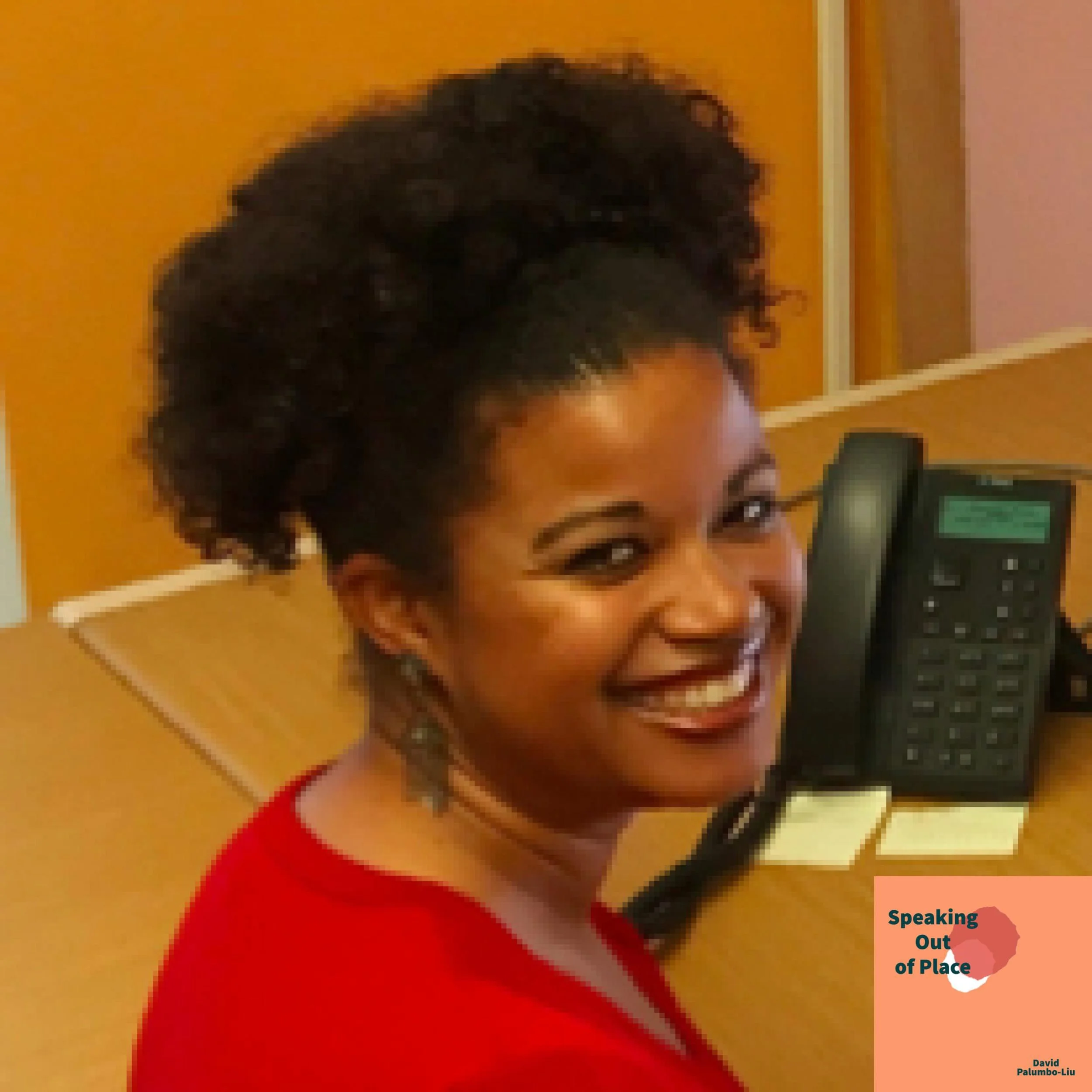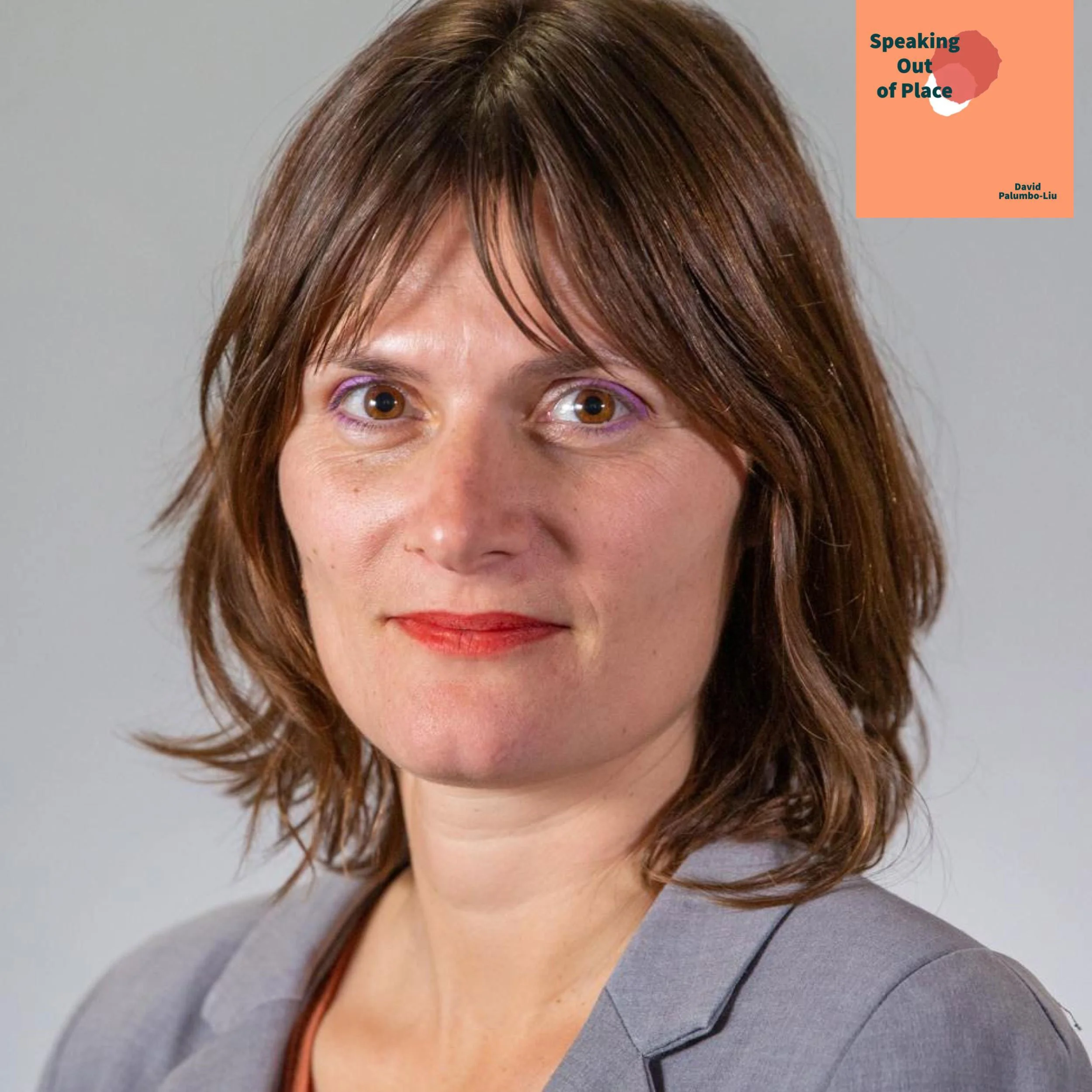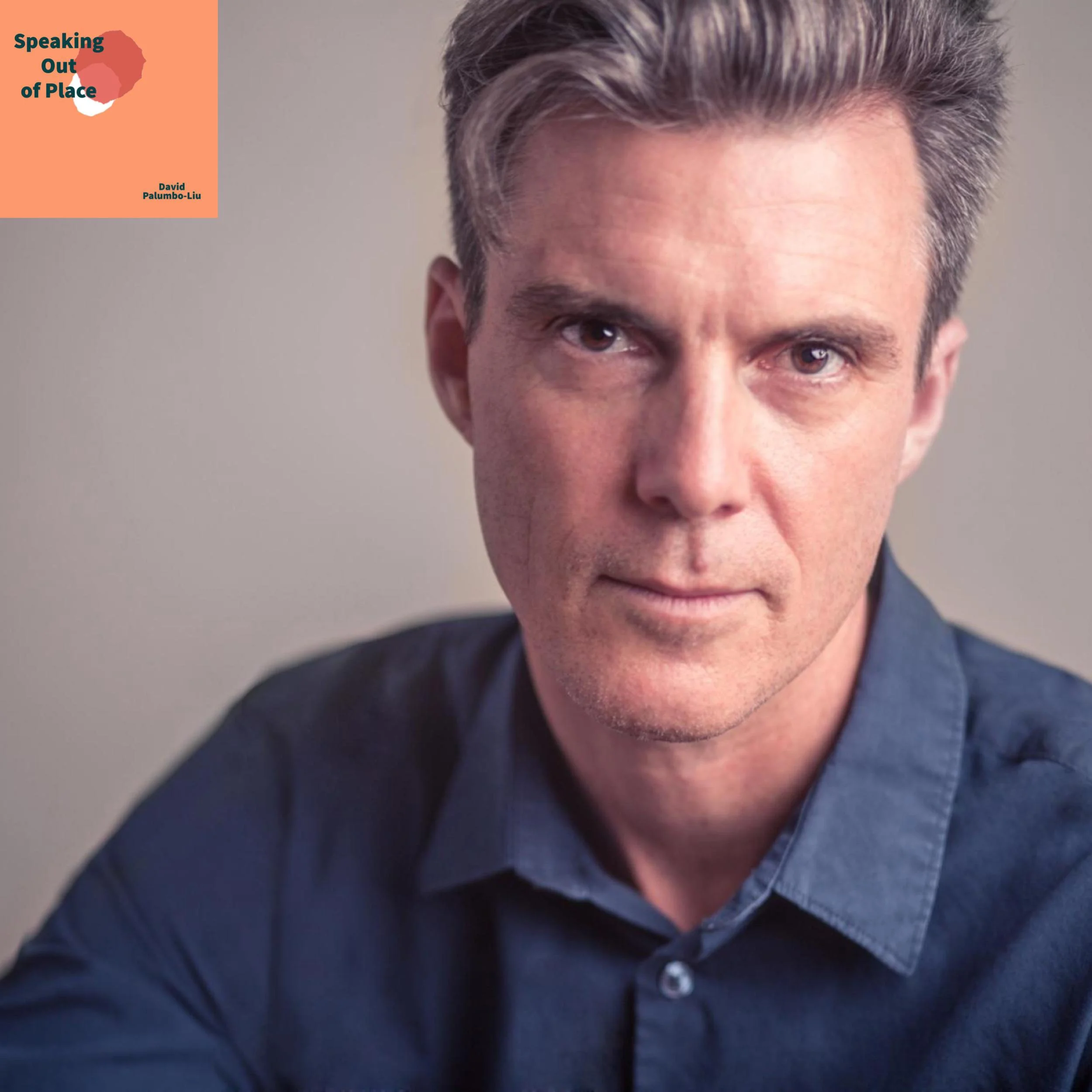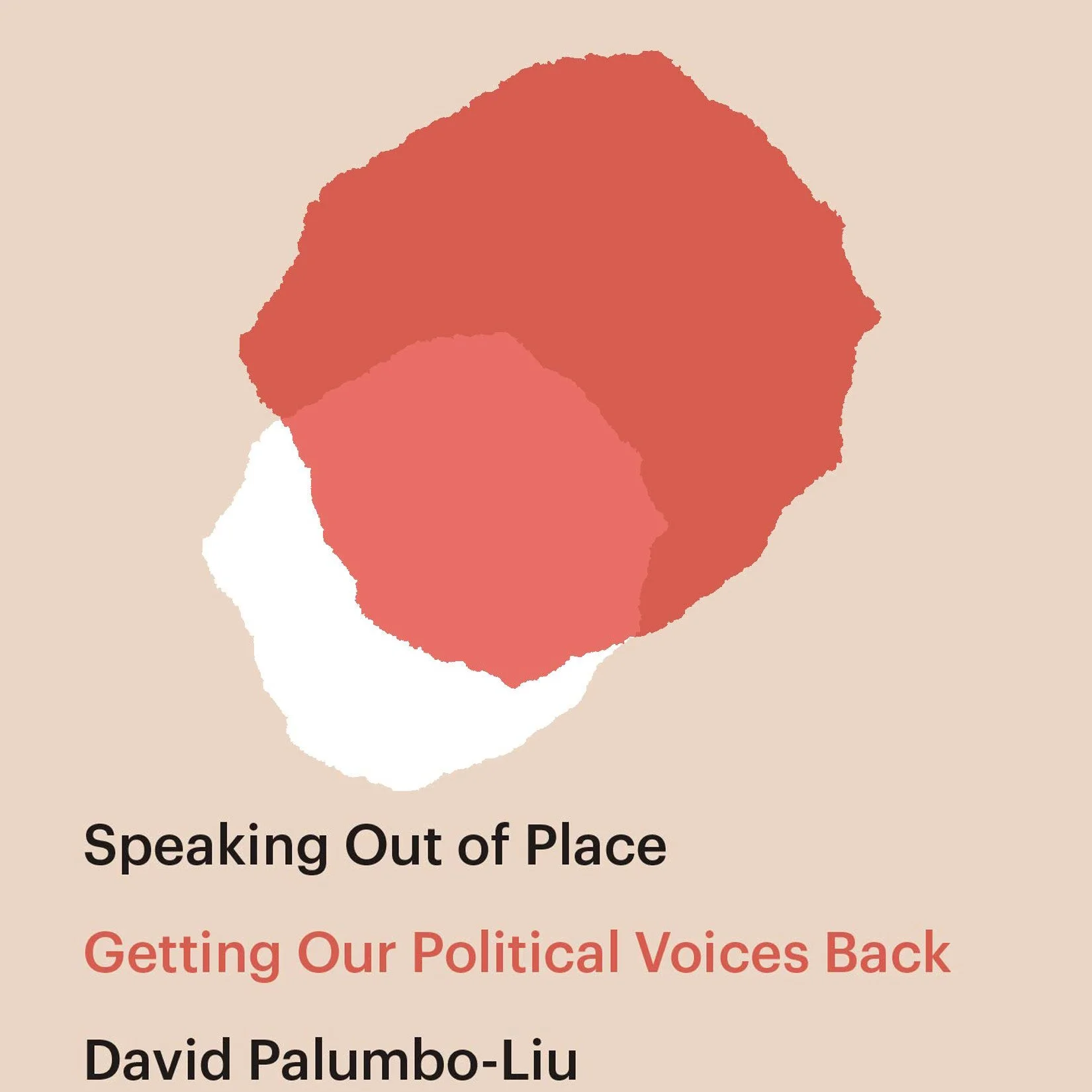Speaking Out of Place: CHING-IN CHEN & KATE HAO discuss the cancellation of the Asian American Literary Festival 2023
/on the cancellation of the Asian American Literary Festival 2023
This August, the Asian American Literary Festival was to take place in Washington, DC.. The longstanding event had been on hiatus because of the pandemic, so this year’s event had generated a lot of buzz. Organized by the Smithsonian Asian Pacific American Center (APAC), the event had already garnered substantial investments and expectations from both national and international groups and states. Ching-In Chen is a poet who was curating a festival event featuring books by trans and nonbinary writers. Kate Hao is a program coordinator who was on contract with the Smithsonian for the festival.









